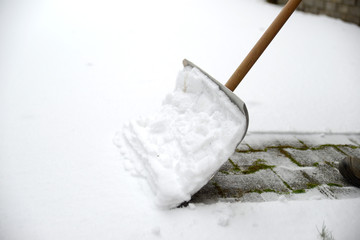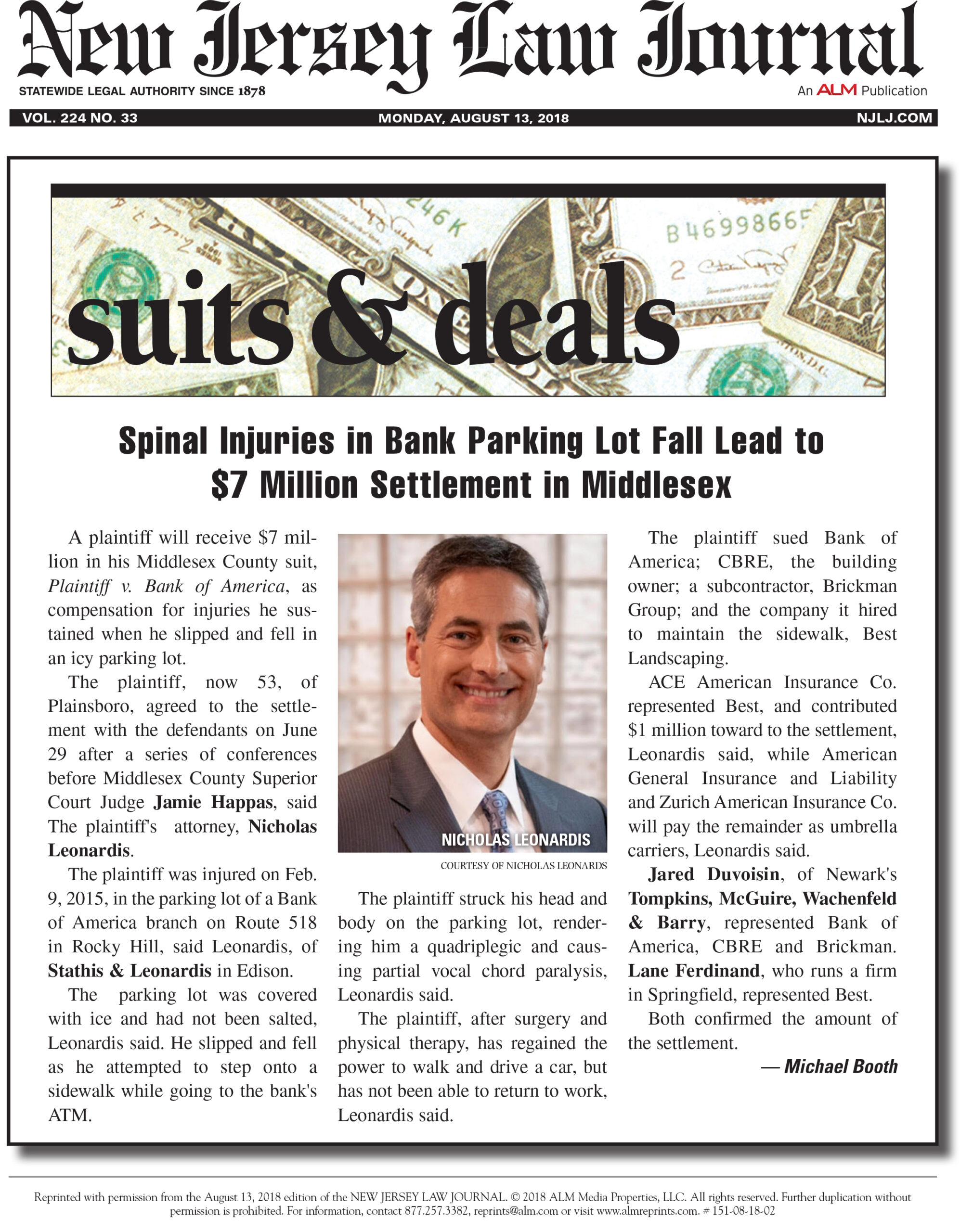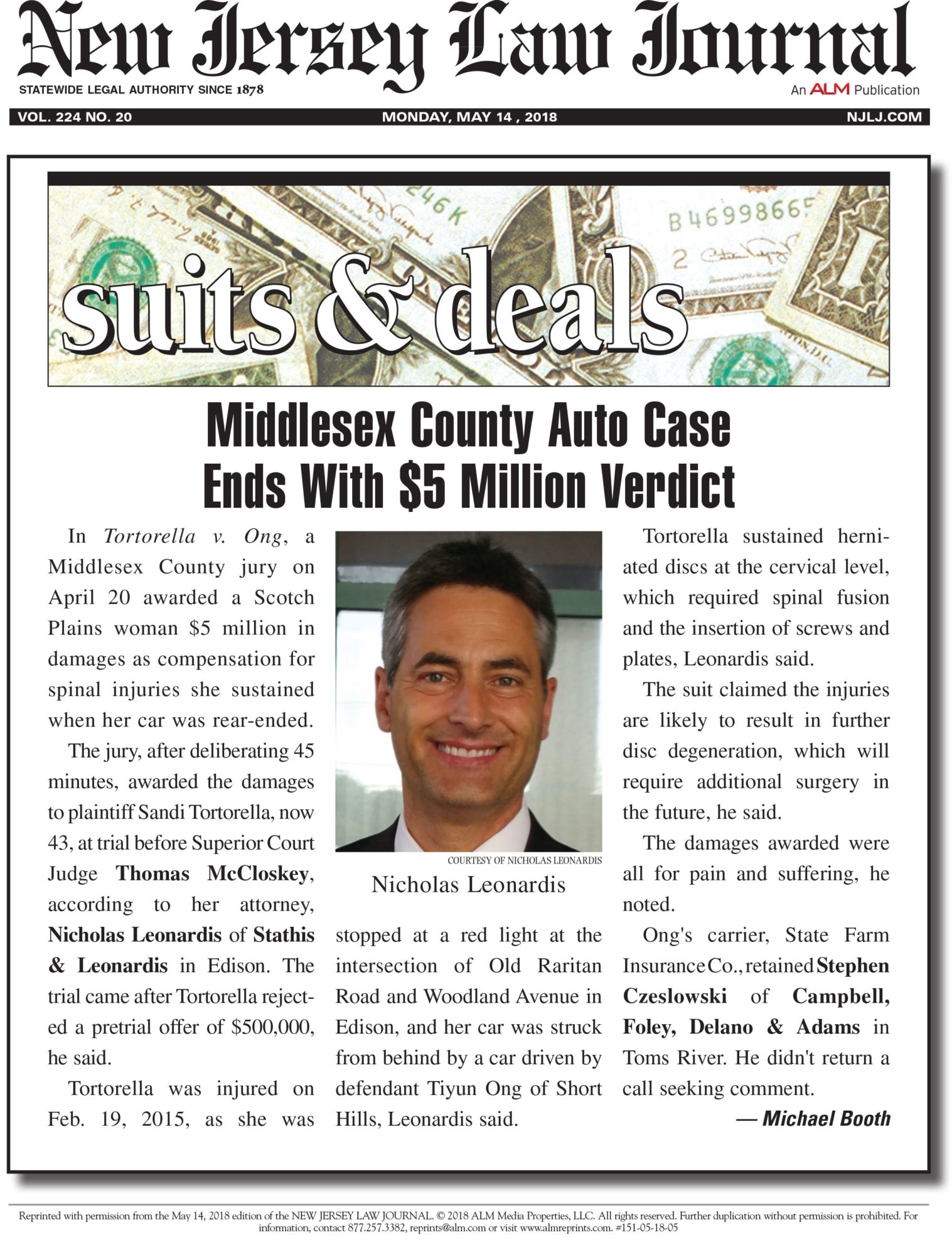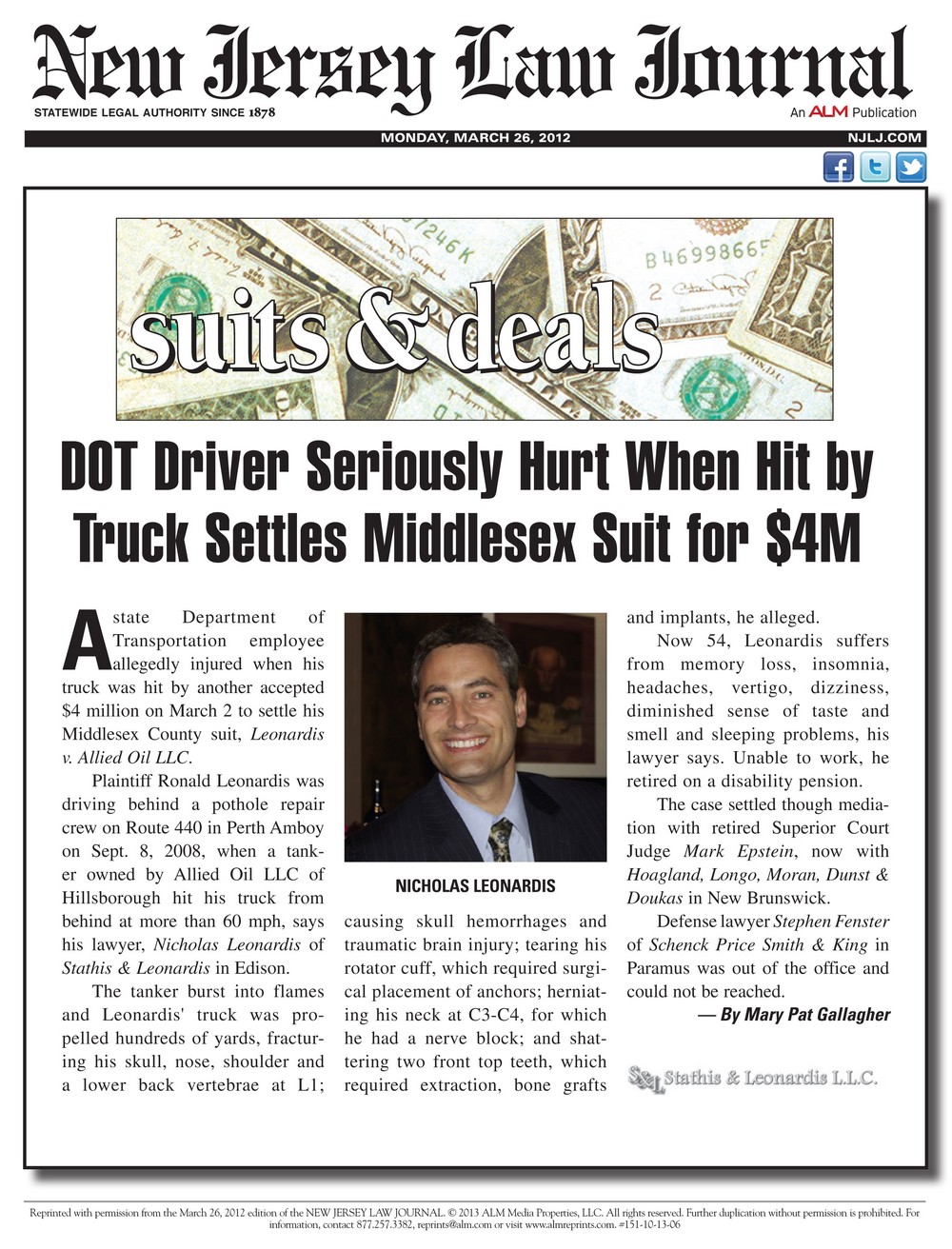
As the months get colder and winter arrives in New Jersey, the season presents a variety of new challenges for drivers. Snowfall, while beautiful, can pose a serious threat on the road. Depending on the type of property, several individuals or entities may be responsible for clearing snow and ice in NJ. It is important that you understand your responsibilities during the winter months to avoid the legal repercussions of failing to abide by state law. If you were injured due to snow or ice, work with a Middlesex County personal injury attorney for skilled representation during your claim or lawsuit.
Who is Responsible for Clearing Snow in NJ?
In New Jersey, the NJDOT (New Jersey Department of Transportation) is responsible for clearing snow and ice from state roadways and highways like Route 130, Route 1, State Highway 27, and more.
While the state handles major highways, local governments are responsible for clearing snow and ice locally. In Middlesex County, the Middlesex County Streets and Roads Department takes on the task of clearing county roads.
In NJ, property owners like homeowners and business owners bear the responsibility of clearing snow and ice from the sidewalks and public walkways bordering their properties. Individuals must clear ice and snow within 12 daylight hours after the snowfall ends.
Both government entities and residents must work together to ensure roads and walkways remain safe and passable during the winter.
Why is Snow Removal Important?
Snowfall varies across the state. Some areas may see 10 inches while others get only a light dusting. Regardless, properly removing snow and ice from public roadways and sidewalks is of great importance.
Shoveling and clearing snow and ice from sidewalks and roads is crucial for safety and accessibility. Cleared sidewalks are safer for everyone, especially children and seniors. It is courteous to other people in the community and ensures that pathways are accessible for people walking to school, work, or just for fun.
The state and local governments clearing roads is important to prevent car accidents and injuries. When roads become slippery due to ice and snow, it can be difficult for a vehicle’s tires to grip the surface, causing drivers to lose traction, slide, spin out, and lose control of the car. Ensuring passable and clear roadways and sidewalks is crucial to avoid car accidents or slip and falls.
What Happens if the Snow Does Not Get Cleared?
If a neighbor or business owner does not clear the snow from their property in a timely manner, they can be reported and face legal consequences. If you fail to shovel your sidewalks you will deal with the same repercussions. This may include fines of $50 for a first offense or $75 if you are caught pushing snow from your property into the road. If the NJDOT fails to clear roads, report the issue to your local police department or municipality.






